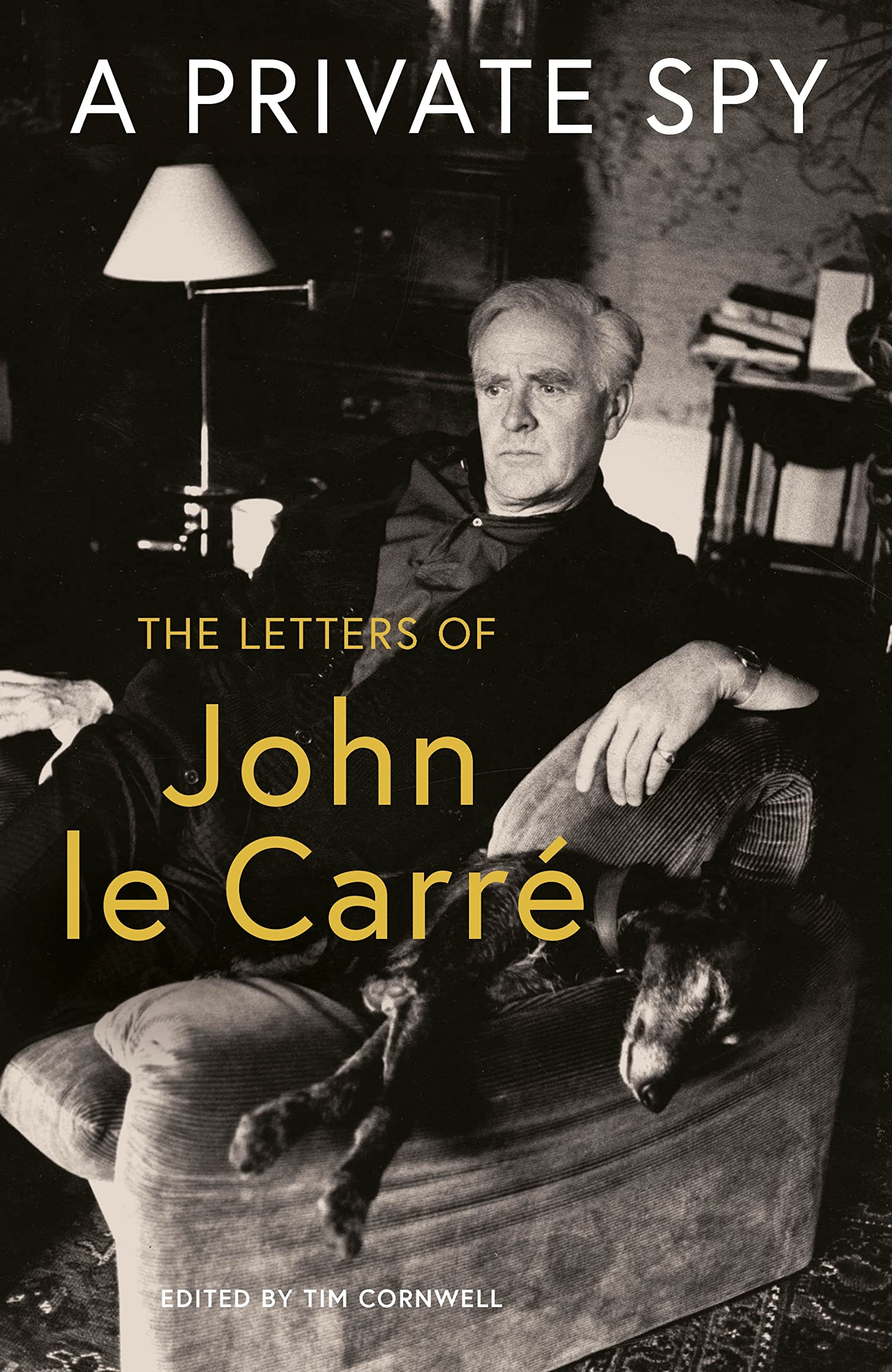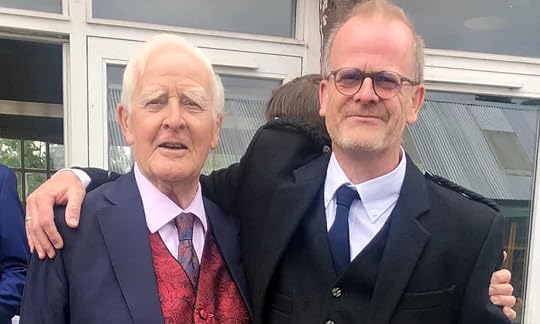What do you think?
Rate this book


752 pages, Hardcover
First published October 13, 2022
Nicholas Greaves, aged ten, wrote asking how to be a spy.
TO NICHOLAS GREAVES (AGED TEN) 9 Gainsborough Gardens London, NW3 1BJ 31 January 1988
Dear Nicholas,
Thank you very much for your letter. To be a spy, you need first to know what you think about the world, whom you would like to help, whom to frustrate. This, I am afraid, takes time. Also, you have to decide how much you are prepared to do by dishonest means. You are very young to decide to be dishonest. My guess is, you want excitement and a great cause. But I think and hope that if you ever find the great cause, the excitement will come naturally from the pleasure of serving it, & then you won’t need to deceive anybody, you will have found what you are looking for. You will be more than a spy then. You will be a good, happy man.
All good wishes,
John le Carré

